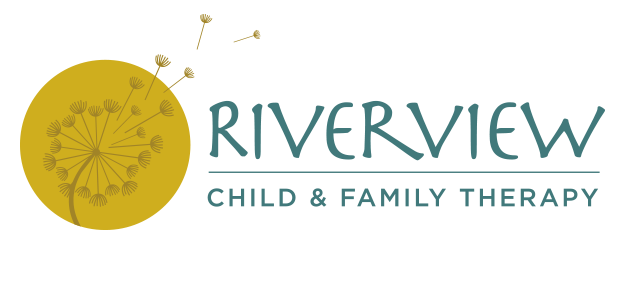In the role of teacher for my children, I find that I am extremely mindful of how I speak to them and how we interact. This doesn’t mean that I don’t make mistakes. There are days that are trying and I find myself being short with them and saying things I wish I hadn’t. Regardless, the relationship I have with my children is the one that I protect the most.
Why are spousal relationships different? Why are these are go-to dumping ground when we get frustrated with children and our lives? For me it’s because my husband is someone I trust will love me through thick and thin. Also, a spouse or partner is usually the person we spend the most time with and it’s easy to become complacent, to let the little passive-aggressive digs roll and to take each other for granted. It’s especially easy to fall into these roles if this is the pattern we saw with our own parents.
Recently, an example of this came across my path. I won’t go into specifics to protect privacy, but this woman’s situation is not uncommon. After years of marriage and being mindful of how she interacted with her children, this woman’s marriage had suffered. While she had spent her energy on caring for her kids, putting their needs first and speaking to them with general respect, she didn’t give the same effort to her marriage. As her kids are now older and an empty nest looms, there is some repair-work that needs to happen to get her and her partner back on track.
This really got me thinking. I absolutely do take my husband for granted and I rarely have the same amount of patience for him as I do for my kids. But here’s the kicker, my kids are watching and learning from me all the time. So even if I am being respectful to them, if I am not showing that same courtesy and care to my spouse, they will learn from my example. That is pretty scary to admit.
In Dr. Sue Johnson’s book, “Hold me Tight: Seven Conversations for a Lifetime of Love”, she describes how our spousal attachments mirror a parent-child relationship.
“The sense of secure connection between romantic partners is key in positive loving relationships and a huge source of strength in those relationships.”
Dr. Johnson goes on to cite how if we take the time to care for our spousal relationships, this will help offset the triggers we may have for hostility, control and anger.
“When we feel safely linked to our partners, we more easily roll with the hurts that they inevitably inflict, and we are less likely to be aggressively hostile when we get mad at them.”
Moving forward, I would like to do a better job at protecting my relationship with my spouse. If I become more proactive now in being mindful of how I interact with him, it will help set us up for a brighter, better and hopefully long future together. I know it’s worth it since I have two sets of eyes watching my every move.
Written by Diana DeVaul, MSW and Parent
Johnson, S. Hold me Tight: Seven Conversations for a Lifetime of Love. 2008 New York, New York. Little, Brown and Company; Hatchette Book Group.



